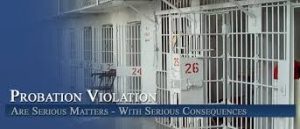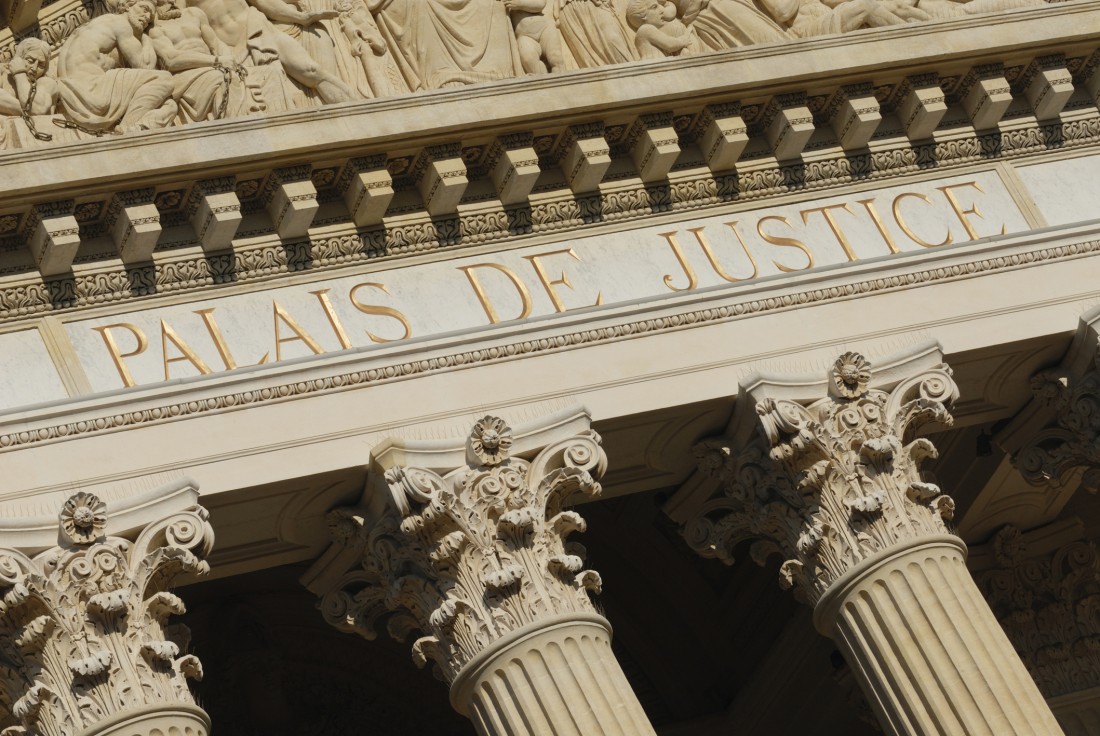Jail for a probation violation? Seriously? With a probation violation the Judge has that option.
Being incarcerated is no place for anyone to be. Losing your job, losing a place to live, having to start over from scratch – life is hard enough without all this stress. But maybe the Judge made things impossible. You worry about work, worry about family, paying bills, and on top of that the Court is having you drug test, go to support meetings, hours and hours of community service. It seems like maybe the Court does not want you to be successful. You try your best and you still receive a letter in the mail for probation violation. Your heart is racing. Stress, anxiety, fear take over. You ask yourself what should you do?
These are 12 proven and effective strategies that give you the best chance of avoiding jail. This advice is from a seasoned lawyer with years of experience both inside and outside the courtroom.
 Michigan Criminal Attorneys Blog
Michigan Criminal Attorneys Blog




